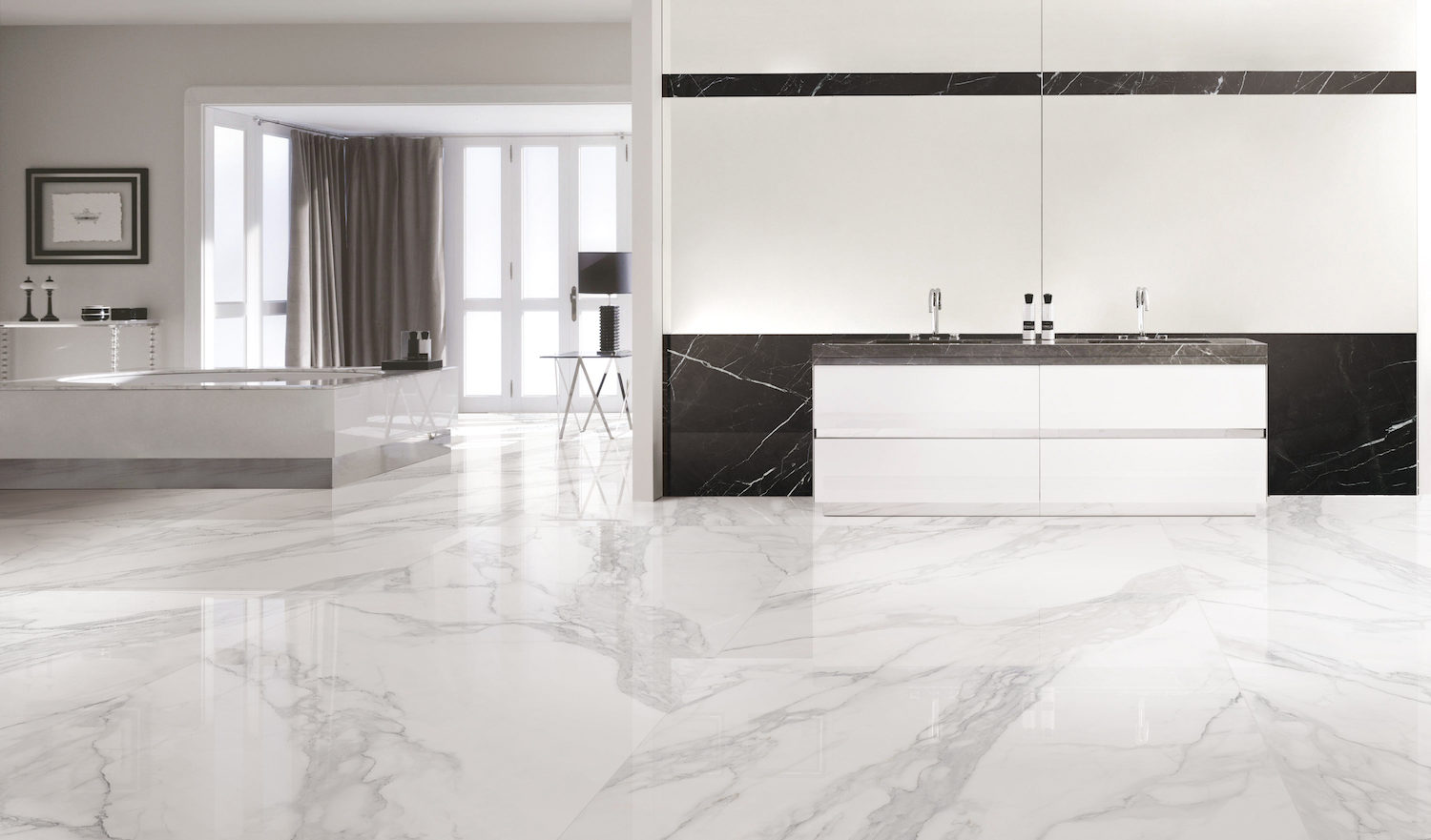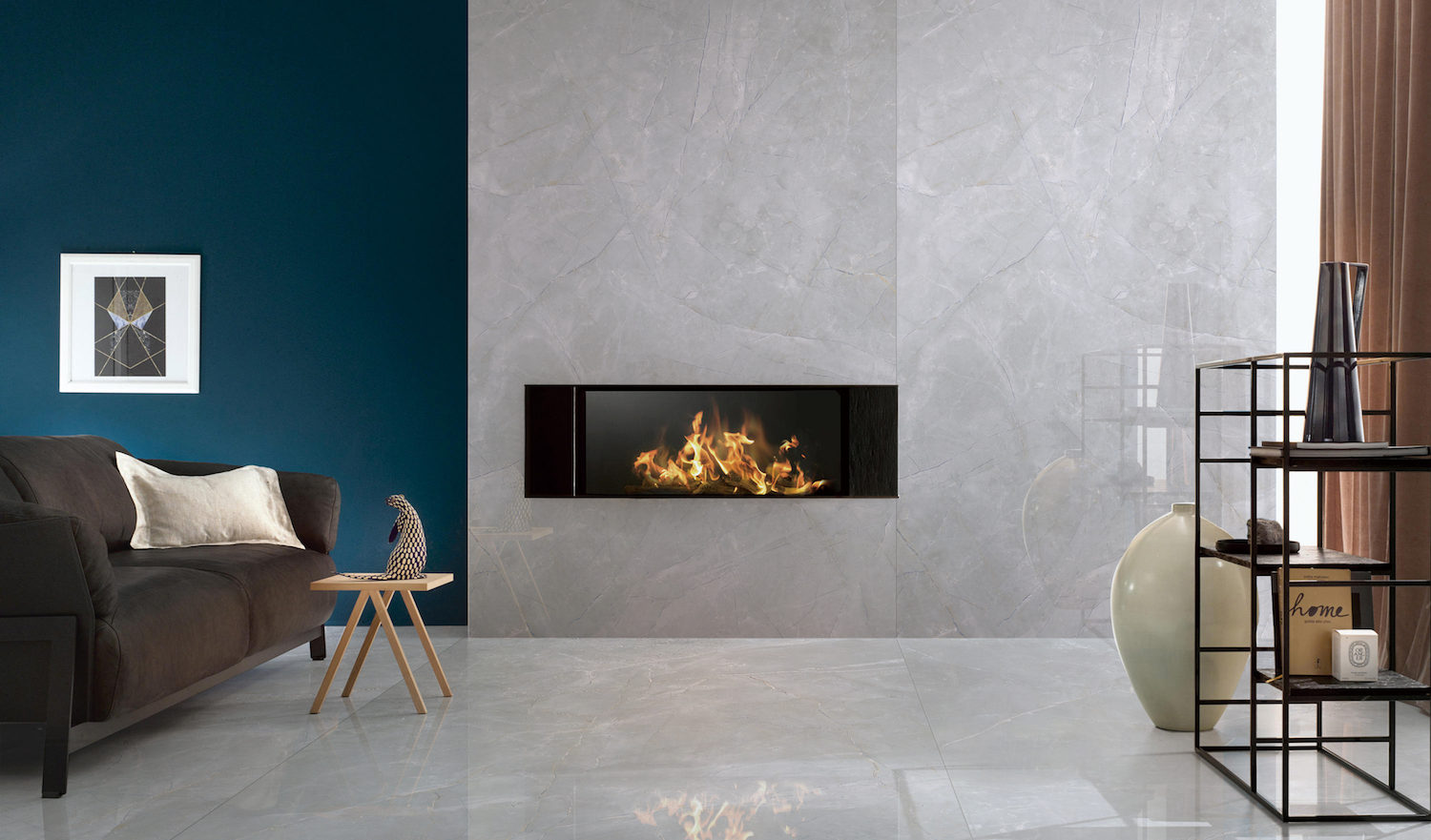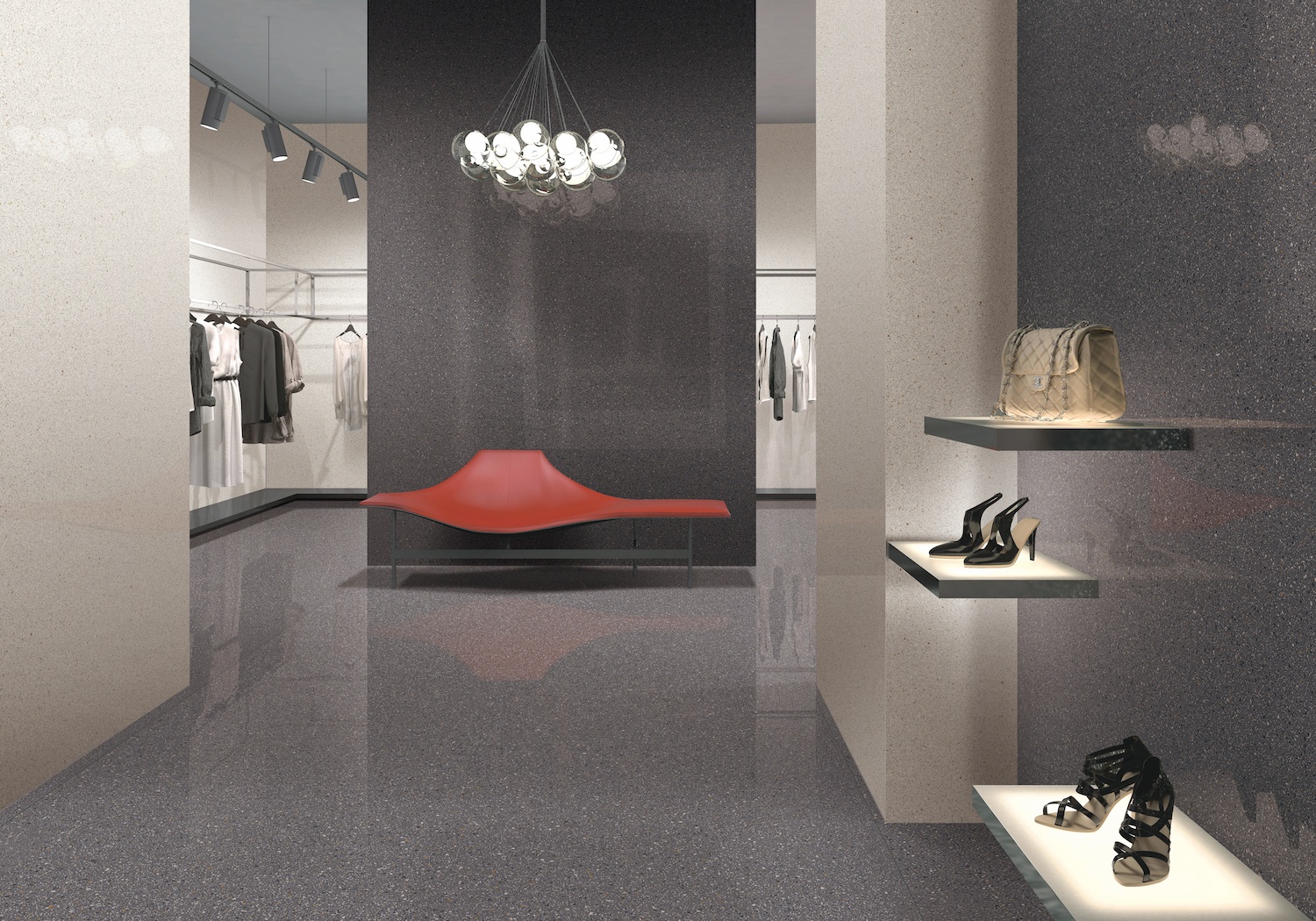

Discover Premium Porcelain Surfaces in Toronto: Explore high-quality porcelain options designed to elevate kitchens and bathrooms in Toronto, Ontario.
FAQs for Expert Countertop Advice: Visit our FAQ page for answers to common questions, providing valuable insights into selecting the best countertop for your needs.
Personalized Recommendations for Your Home: Contact us for tailored suggestions, ensuring your choice of premium porcelain aligns with your preferences and enhances your living spaces.
Your Trusted Toronto Supplier: Rely on us as your go-to supplier in Toronto, offering both exquisite and durable porcelain surfaces that add sophistication to your home.
Elevate Your Living Spaces: Transform your residence with our premium porcelain options, striking the perfect balance between elegance and durability for a lasting, stylish impact.
If you need recommendations on the best countertop surface for your kitchen or bathroom, then we can highlight some of the newest surfaces that are available or trending now.
Below are some of the most frequently asked questions.
To begin your free consultation or to ask us any questions, please give us a call at +1 (647) 797 2447


Is it possible to have porcelain kitchen countertops?
Yes, it is possible to have porcelain kitchen countertops. Porcelain is a type of ceramic material that is made by heating and compressing clay, feldspar, and other natural materials. It is a durable and heat-resistant material, which makes it a popular choice for kitchen countertops.
Porcelain countertops come in a wide range of colors and patterns, including options that mimic the look of natural stone such as marble or granite. They are also non-porous, which means they are resistant to stains and easy to clean. However, they can be more expensive than other countertop materials like laminate or quartz.
If you’re considering porcelain countertops for your kitchen, it’s important to work with a reputable supplier and installer who can ensure that the material is properly installed and maintained.
How is porcelain made?
Porcelain is a type of ceramic material that is made by firing a mixture of clay, feldspar, kaolin, and other natural materials at high temperatures. The exact recipe for porcelain can vary, but typically includes the following steps:
- Mixing the ingredients: The raw materials for porcelain are mixed together in precise proportions to create a uniform mixture. The mixture is then ground into a fine powder, which helps to ensure that the final product is smooth and consistent.
- Shaping the porcelain: The porcelain mixture can be shaped into a variety of forms, including tiles, plates, bowls, and other objects. This can be done using a variety of methods, including casting, pressing, or extruding the mixture.
- Drying the porcelain: Once the porcelain has been shaped, it is left to dry for several hours or days. This helps to remove any excess moisture from the mixture, which can interfere with the firing process.
- Firing the porcelain: The dried porcelain is then fired in a kiln at temperatures of up to 1,300°C (2,372°F). This process helps to fuse the individual particles of the mixture together, creating a strong, durable material.
- Glazing the porcelain: Once the porcelain has been fired, it can be glazed with a layer of glass-like material. This not only helps to protect the surface of the porcelain, but also gives it a shiny, decorative finish.
How much to purchase porcelain countertops?
The cost of porcelain countertops in Canada can vary depending on a variety of factors such as the type of porcelain used, the size and shape of the countertop, the complexity of the installation, and the location of the supplier or installer. Generally, porcelain countertops can cost anywhere from $80 to $150 per square foot in Canada.
It’s important to note that the cost of installation may not be included in the price of the countertop, and could add additional costs. Additionally, other factors such as edge detailing, cutouts for sinks or cooktops, and backsplash installation can also increase the overall cost of the project.
To get a more accurate estimate of the cost of porcelain countertops in your area, it’s best to consult with a reputable supplier or installer who can provide a detailed quote based on your specific needs and requirements.
Compare porcelain kitchen countertops to other materials?
Porcelain kitchen countertops are generally considered to be highly durable and can offer several advantages over other popular countertop materials like granite, marble, and engineered stone.
One advantage of porcelain is that it is extremely hard and resistant to scratches and abrasions. This makes it a good choice for high-traffic areas like kitchens, where the countertop may be subjected to a lot of wear and tear. Porcelain is also resistant to heat, making it less likely to crack or discolor from exposure to hot pots and pans.
Another advantage of porcelain is that it is non-porous, which means it is highly resistant to stains and bacteria. This makes it easy to clean and maintain, and can be a good choice for homeowners who prioritize hygiene in the kitchen.
Compared to granite and marble, which are natural stones that can be prone to cracking, chipping, and staining if not properly sealed and maintained, porcelain is generally considered to be a more durable and low-maintenance option. However, engineered stone countertops like quartz are also highly durable and can offer similar benefits to porcelain.
Ultimately, the best choice of kitchen countertop material will depend on your specific needs and preferences. Porcelain can be a great choice for homeowners looking for a durable, low-maintenance option that offers a unique aesthetic appeal.
Is Porcelain Better than Quartz?
Porcelain and quartz are both popular choices for kitchen countertops, and each material has its own unique advantages and disadvantages. It’s difficult to say that one material is definitively better than the other, as the best choice will depend on your specific needs and preferences.
Here are some factors to consider when comparing porcelain and quartz countertops:
- Durability: Both porcelain and quartz are highly durable materials that can resist scratches, stains, and heat. However, porcelain may be slightly more durable than quartz, as it is less likely to chip or crack. Porcelain is also less prone to fading or discoloration over time.
- Maintenance: Porcelain and quartz are both low-maintenance materials that are easy to clean and resist bacteria. However, porcelain may be slightly more prone to staining than quartz, as it is a slightly more porous material. Porcelain may also require more frequent sealing than quartz.
- Aesthetics: Porcelain and quartz both offer a wide range of colors and patterns to choose from, and both materials can mimic the look of natural stone. However, porcelain may offer a slightly more unique and distinctive appearance, as it is a less commonly used material for countertops.
- Cost: Porcelain and quartz can be similarly priced, with both materials generally ranging from $80 to $150 per square foot. However, the cost may vary depending on the specific type of porcelain or quartz used, as well as the location of the supplier or installer.
Overall, both porcelain and quartz can be excellent choices for kitchen countertops, and the best choice will depend on your specific needs and preferences. It’s a good idea to consult with a reputable supplier or installer to learn more about the benefits and drawbacks of each material, and to get a quote for your specific project.
What porcelain slab origin is the best?
The quality of porcelain slabs can vary depending on several factors, including the raw materials used, the manufacturing process, and the level of quality control. While there are no specific origins of porcelain slabs that are universally considered the best, there are certain regions and manufacturers that are known for producing high-quality porcelain slabs.
Some of the top producers of porcelain slabs are located in Italy and Spain, which are known for their long history of producing high-quality ceramics and porcelain. Brands such as Laminam, Atlas Plan, and Neolith are popular choices for porcelain slabs and are well-regarded for their quality and design.
Other regions that are known for producing high-quality porcelain slabs include China, which is the largest producer of porcelain in the world, and Brazil, which has recently emerged as a major player in the porcelain slab market.
Ultimately, the quality of a porcelain slab will depend on a variety of factors, including the specific manufacturer, the raw materials used, and the manufacturing process. It’s important to research different brands and manufacturers and to choose a reputable supplier to ensure that you are getting a high-quality product.
Is porcelain slabs good for exterior?
Porcelain slabs can be a good choice for exterior applications due to their durability, low porosity, and resistance to weathering and UV radiation. They are highly resistant to stains, scratches, and other types of damage, which can make them ideal for use in outdoor environments where they may be exposed to harsh weather conditions and heavy use.
Porcelain slabs are also highly resistant to fading and discoloration, which can be important for maintaining their appearance over time. Additionally, they are non-porous, which means that they do not absorb water or other liquids, making them highly resistant to freezing and thawing cycles that can cause cracking and other types of damage to natural stone and other materials.
Porcelain slabs can be used for a variety of exterior applications, including patios, walkways, pool decks, and other outdoor living spaces. They are available in a range of colors, patterns, and finishes, making it easy to find a style that complements your home’s design aesthetic.
When using porcelain slabs for exterior applications, it’s important to choose a product that is specifically designed for outdoor use and to follow proper installation guidelines to ensure that the slabs are properly supported and secured. Additionally, it’s important to choose a supplier who can provide you with information on the product’s performance characteristics and maintenance requirements to ensure that you can properly care for and maintain your porcelain slabs over time.
Do you deliver slabs to fabricator
We are proud to offer a 48-hour delivery service to fabricators and contractors in the Greater Toronto Area. With our commitment to quality and efficiency, we strive to ensure that your order is processed and delivered as quickly as possible, so you can complete your project on time and on budget. Simply place your order online or by phone, and our dedicated team will ensure fast and reliable delivery to your fabricator or contractor within 48 hours.




